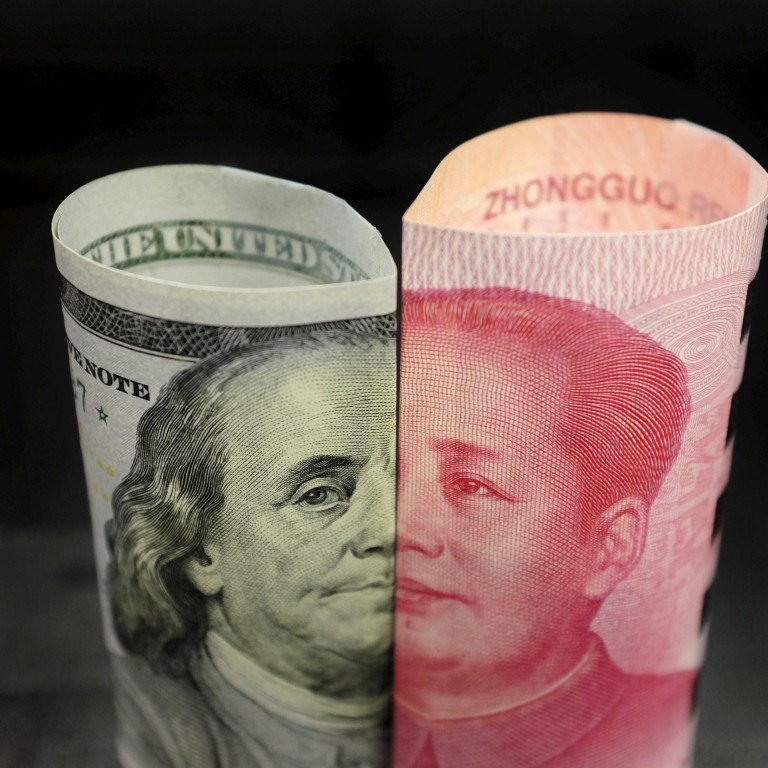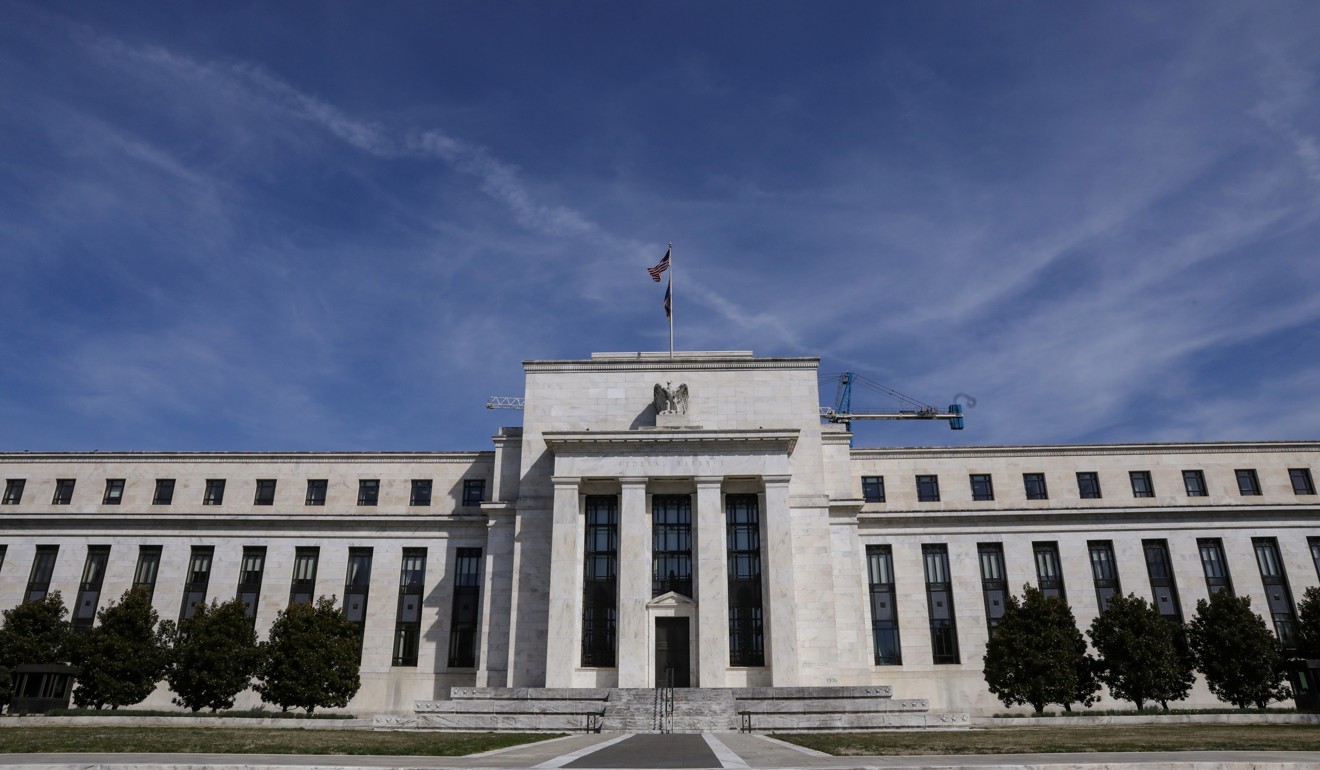
Wary of a strong yuan, China has reason to rue yen and euro weakness
- While the US dollar is expected to weaken against the renminbi, its surprising strength against the euro and yen – the result of the Fed’s dovish turn and US Treasuries’ attractiveness viz-à-viz euro-zone and Japanese government papers – is bad news for Beijing
The problem is that broader US dollar weakness might not occur. China could be faced with a stronger yuan against the US dollar but also see the renminbi rising further against other major currencies such as the euro and the Japanese yen.

“To a bond manager, expected capital gains, not just yield differentials, are important factors driving bond allocations,” wrote Stephen Li Jen and Joana Freire of London-based Eurizon SLJ Capital on March 27. “High and falling yields put US bonds in their ‘sweet spot’, whereas high but rising yields, prior to the Fed’s policy pivots, made it less compelling for foreigners to buy US bonds.”
In short, this dovish pivot by the Fed might prompt overseas investors to purchase more US Treasuries, locking in a still reasonable yield but with the expectation that the price of those bonds will rise if US yields continue to edge down. As those purchases have to be made in US currency, that would lend support to the value of the greenback.
Elsewhere, the situation is different. In the euro zone, recent economic data has been underwhelming and the European Central Bank, whose benchmark interest rate remains in negative territory, has pushed back plans to normalise policy.
Yet with many euro-zone government bonds already trading with a minus yield, the prospect is not, as in the US case, of locking into a reasonable yield now that then edges lower, providing the added bonus of a capital gain as bond prices rise. Instead, investors would have to accept already-negative yields on euro-area government paper, in the hope that those yields will go further into minus territory and so generate a capital gain from the accompanying rise in bond prices.
That argument might also be made about Japanese government bonds, where Bank of Japan policy remains resolutely committed to keeping the yield on 10-year Japanese government bonds around zero, yet Japan’s economy is hardly booming.

The Fed may have turned dovish, but it is arguably easier to make a case for buying US Treasuries, rather than euro-area government bonds or Japanese government bonds. In currency market terms, that might logically suggest a stronger US dollar versus both the euro and the yen.
But the same argument is not applicable to China. Overseas holdings of Chinese bonds are still significantly below what might be expected for an economy of China’s magnitude. Overseas demand for such paper should only increase as China’s economy becomes more consumption-oriented and less export-driven. As that transition necessarily erodes China’s current account surplus, Beijing will be encouraged to seek to attract more overseas capital into China. That should be yuan-supportive.
Additionally, if an eventual trade war settlement results in China committing itself to buying more goods and services from the United States, then that may only speed up the pace of erosion of China’s current account surplus, underlining the need to encourage yuan-positive capital inflows from overseas.
The greenback may prove more attractive to market participants than the euro or the yen, but perform less well versus the renminbi. The yuan could end up stronger versus the euro, the yen and the US dollar.
Neal Kimberley is a commentator on macroeconomics and financial markets

